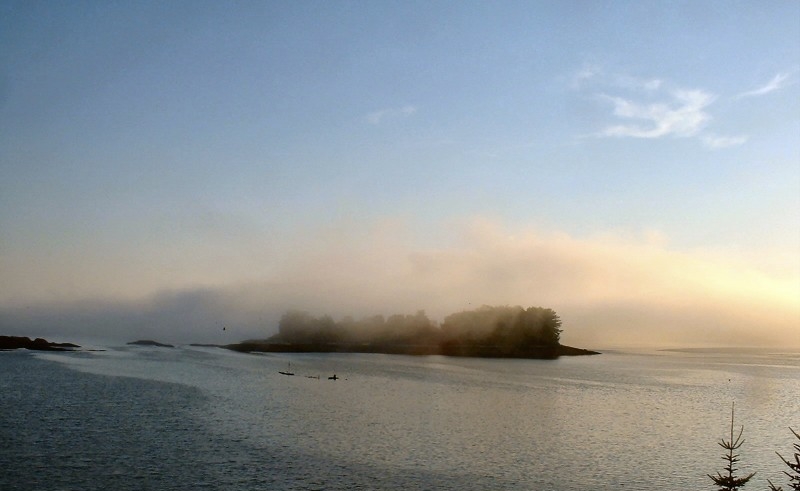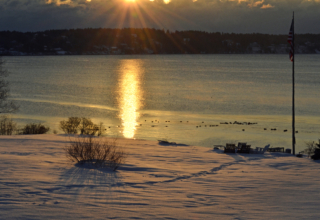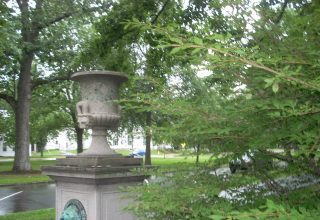
Should Palmer’s distinction lead us to dismiss the action of my graduate student who worked “instrumentally” in his coffee shop? I would suggest that it doesn’t, for my student and others in his church learned not only about service-to-others (via their work in the coffee shop and on behalf of the welfare of those enslaved) but also specifically about sex trafficking and the best leverage points for confronting this practice. In fact, my student devoted his dissertation to these practices and ways in which to not only block these illegal acts but also understand and treat the victims.
As John Dewey (1997/1938) noted many years ago, we learn by doing. Furthermore, as Palmer (1990, p. 119) noted, an active life produces growth in our “knowledge” of not only the external world, but also our internal, spiritual world: “right action demands that we find a deeper and truer source of energy and guidance than relevance, power and spectacle can provide.” Perhaps, this source of energy and guidance helped my other student find her way to school every Saturday. She might have learned more during her 3 mile walk than in our classroom—at least with regard to her own deep spiritual commitment.
The Ultimate Concern
Does all of this somehow come together for me as I seek out my own spiritual foundation? Can I somehow “unfreeze” my vivid purple chakra and find some spiritual guidance and direction in my life? Perhaps my own “active” life as an educator, author, consultant and coach constitutes something of what Parker Palmer is referencing. My active life has certainly provided me with many rich opportunities for new learning—but has this learning translated into greater understanding of my own internal spiritual world? As someone who is “once born,” will I ever have a belief and behavior changing encounter with a numinous experience (other than the collective numinous associated with 9/ll)?
The Courage to Be
I find at least a partial answer to these questions in the words offered by Paul Tillich (1952) in The Courage to Be. Tillich writes about Ultimate Concern and relates this orienting concern to the fundamental vitality to be found in one’s life (Tillich, 1952, p. 81):
“Vitality, power of life, is correlated to the kind of life to which it gives power. The power of man’s life cannot, be seen separately from what the medieval philosophers called “intentionality,” the relation to meanings. Man’s vitality is as great as his intentionality; they are interdependent. This makes man the most vital of all beings. He can transcend any given situation in any direction and this possibility drives him to create beyond himself. Vitality is the power of creating beyond oneself without losing oneself. The more power of creating beyond itself a being has the more vitality it has. The world of technical creations is the most conspicuous expression of man’s vitality and its infinite superiority over animal vitality. Only man has complete vitality because he alone has complete intentionality.”
Download Article 1K Club



















